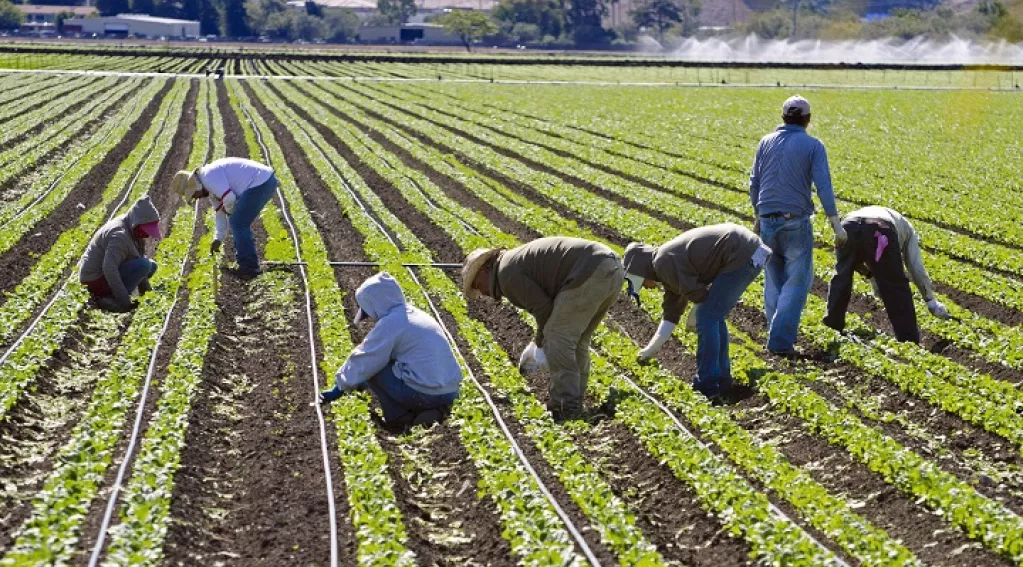DHS Allows Agricultural Guestworkers to Stay Indefinitely

The COVID-19 pandemic continues to spur change across the federal government’s leviathan bureaucracy. On April 15, the Department of Homeland Security (DHS) and the Department of Agriculture (USDA) announced a new, “temporary” rule change to the H-2A agricultural guestworker program.
This temporary rule now allows employers to begin hiring H-2A workers who are already in the U.S., bypassing the need to hire new, incoming H-2A visa holders. The rule cites this as necessary because of concerns that “workers will be unable to enter the country due to travel restrictions.” But this is unnecessary because H-2 visa holders are exempt from visa processing restrictions because of guidance issued by the State Department on March 26. H-2 applications are in some cases the only visas the State Department continues to process during this crisis. The majority of H-2A workers come from Mexico. The United States and Mexico partially closed their border to tourists and nonessential travel, so H-2A workers are still able to enter the United States.
The biggest change is that this rule allows H-2A workers to stay beyond the three-year residency period without touching back to their home countries. This sets a dangerous precedent. The touchback rules exist for a reason, and they are necessary to maintain the visa program’s integrity as a guestworker — not an immigrant — visa program. The H-2A program is only used by a small sector of our agricultural industry and hardly necessary for the “food security” of the nation. We harvest most of our country’s staple crops (corn, wheat, etc.) through machines, not hand-picking. The majority of H-2A workers pick fruits such as apples and blueberries. Many of them work picking tobacco — a crop that contributes in no way to our nation’s food security.
The most alarming part of this rule is its “temporary” nature. The announcement claims these measures are temporary, but does not list an expiration date or tie it to the expiration of a declared national emergency. That date may be in the official Federal Register announcement and may tie the end of the temporary rule to the end of President Trump’s national emergency proclamation, which carries no official end date. Presidents generally do not see the need to formally end national emergency proclamations, given that there are dozens still active.
Even if a date becomes finalized and President Trump ends the national emergency declaration, Big Agriculture and their lobbyists will fight tooth and nail to extend the new H-2A rule well beyond the end of the COVID crisis. They likely will advocate for it to become permanent. Once the government publishes this rule and begins implementing it, it will be much harder to return to the way things were, even once the crisis is past.

